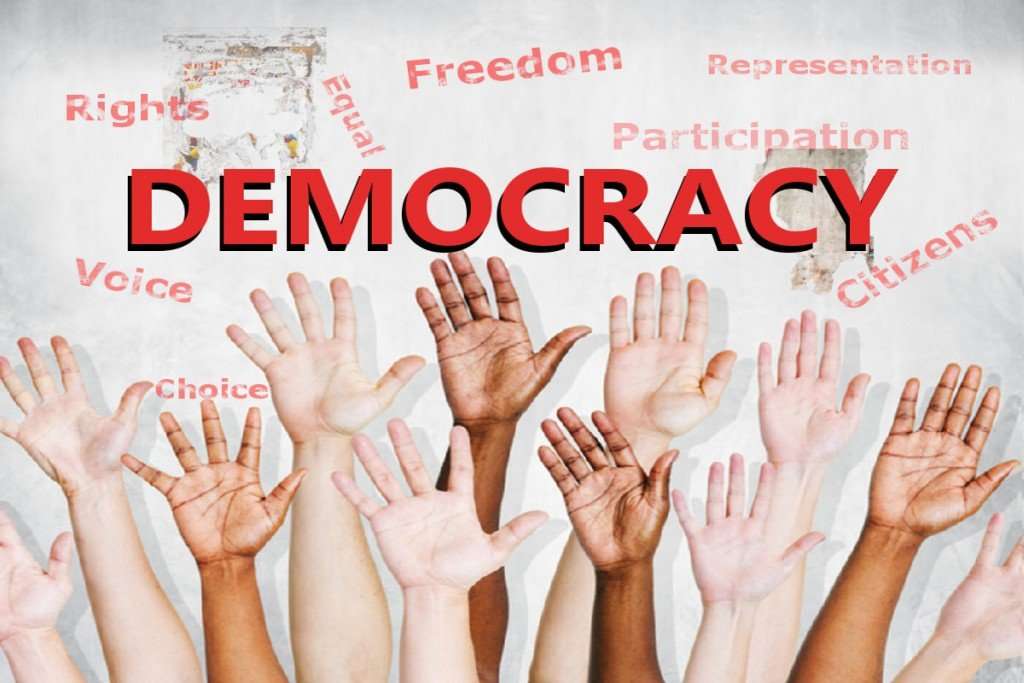Few phrases have been as widely discussed as the by now infamous adage, “Whatever is legal is also ethical.”
It was uttered many years ago by then minister Yorgos Voulgarakis.
With no exaggeration, we might maintain that with that turn of phrase he unwittingly offered to the public realm an admission that was needed.
It is the admission that leads us to conclude that it is not at all self-evident that what is legal, or formally above-board (there is a difference), is in sync with the moral principles with which we believe a state must be imbued and which should determine the behaviour of those who serve it.
After all, laws follow human beings and society. They do not pre-exist and they do not at any given moment offer an objective definition of all manner of misdeed.
Consequently, the limits of the discussion of what is legal, what is formally above-board or legal, and what is moral can never cease in a normal, albeit problematic, democracy, whereas it would be forbidden under a theocratic regime.
That is because citizens have not only the right but the duty to provide a check on the state and to demand that it not exceed the limits of its power with “legal, un-ethical” shenanigans, that it enforce the principle of proportionality, that it not invoke a putative “national necessity” to trample over citizens’ liberties, that it establish institutional guarantees against the abuse of power, and that it respect our rights, because those are the elements that are the guarantee of our proper relationship with authority.
Some may consider all these things as clichés. Would that it were so, because it should be.
The public debate over events that preoccupied public attention recently [surveillance conducted by the National Intelligence Service] demonstrates how useful it would be to go back to basics, because we are at the verge of becoming accustomed to the notion that disputing and criticising are a bad thing for democracy, even though they lie at its core
As history has shown, democracy’s only “problem” is that it is not born and does not die in an instant, like some sort of big bang, or like something divinely conceived or rules writ in stone.
All it takes is a protracted period of recklessness to wear it down, a decade of a gradual loosening of our expectations, until we hit bottom and reconcile ourselves with apathy.





